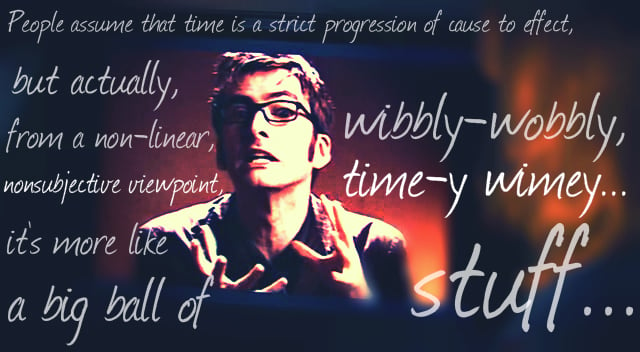this post was submitted on 10 Apr 2024
253 points (91.2% liked)
Showerthoughts
29723 readers
574 users here now
A "Showerthought" is a simple term used to describe the thoughts that pop into your head while you're doing everyday things like taking a shower, driving, or just daydreaming. A showerthought should offer a unique perspective on an ordinary part of life.
Rules
- All posts must be showerthoughts
- The entire showerthought must be in the title
- Avoid politics
- NEW RULE as of 5 Nov 2024, trying it out
- Political posts often end up being circle jerks (not offering unique perspective) or enflaming (too much work for mods).
- Try c/politicaldiscussion, volunteer as a mod here, or start your own community.
- Posts must be original/unique
- Adhere to Lemmy's Code of Conduct-----
founded 1 year ago
MODERATORS

